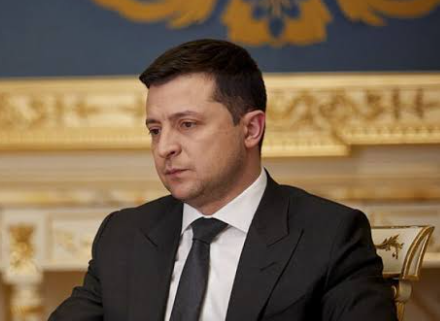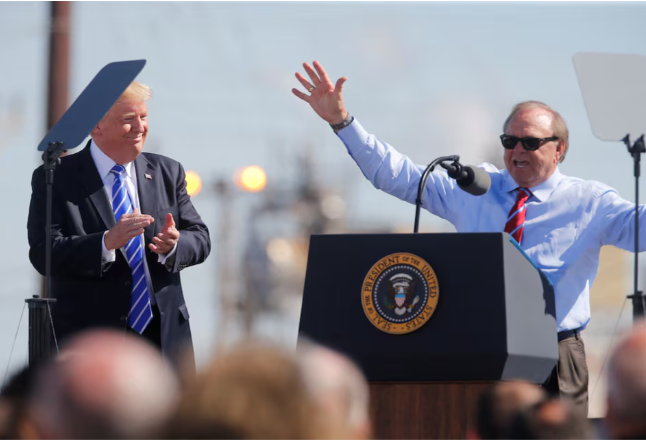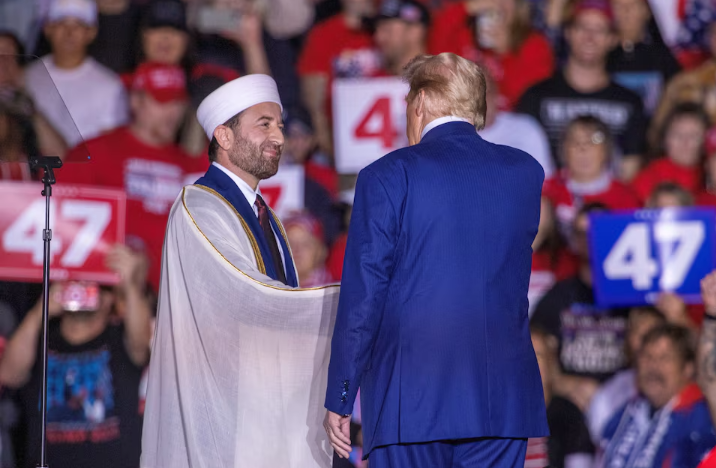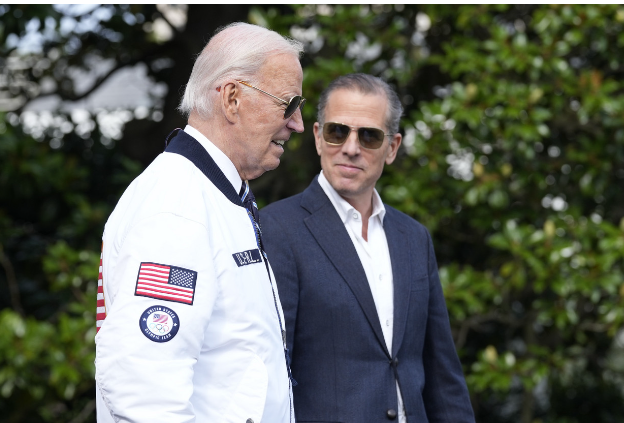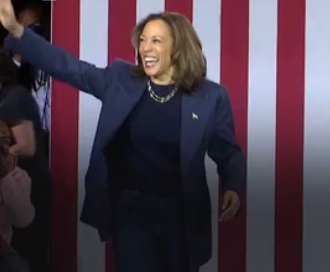Ukraine and its NATO allies had prepared for the possibility of Donald Trump winning the U.S. presidency, though they hoped it wouldn’t come to pass. For Ukraine, Trump's return could mean a shift in U.S. support, as Trump has previously voiced skepticism about aiding Ukraine and expressed favorable views toward Russia’s leader, Vladimir Putin. Trump’s past promises to end the conflict in "24 hours" with no clear plan worry Ukrainian leaders, who fear a sudden reduction in U.S. support at a critical time in the war.
Russia has made gains in eastern Ukraine and is preparing for a winter offensive that could make the capital, Kyiv, more vulnerable. The Kremlin hopes that with a Trump administration in place, U.S. support will wane, leaving Ukraine isolated and less able to resist Russian advances. Trump’s history of favoring quick fixes and isolationism may translate to a reduced U.S. presence in the conflict, potentially weakening NATO's unified front against Russian aggression.
The uncertainty of Trump’s approach also poses challenges for Ukrainian President Volodymyr Zelensky, who must now grapple with a U.S. leader who may be less supportive or even hostile. As Ukraine prepares for what could be its most perilous phase, the risk of a Trump-backed peace deal on Moscow’s terms could lead to a halt in U.S. aid, with potentially severe consequences for Ukraine's defense and morale.
Meanwhile, Putin's continued push to destabilize neighboring countries underscores his aim to maintain regional dominance and resist Western influence, a goal that may find less opposition under a Trump administration. A U.S. stance that downplays the Russian threat would hand Putin a significant victory, challenging the West’s previous resolve to stand against Moscow's aggression.

